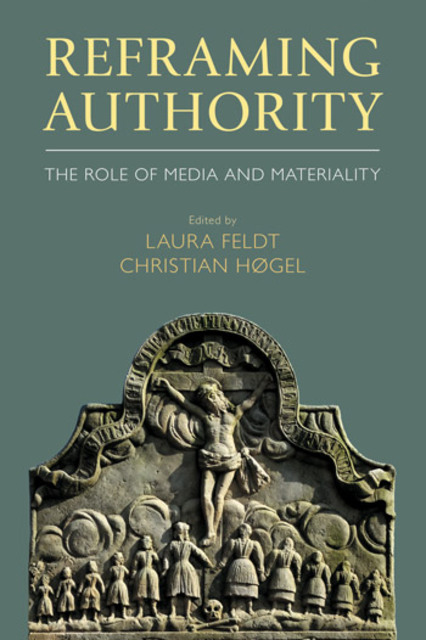Feldt & Høgel/Reframing Authority, 2. Authority, Space, and Literary Media

Full description
This contribution discusses religious authority changes in late antique Gaul, where spatial and literary media played important roles in how religious authority was maintained, negotiated, and transformed in the context of Western Europe in the aftermath of the Roman empire. The analysis uses critical spatiality theory and its tripartite understanding of space – material space, designed space, and lived space. It focuses on how the authority of the desert space, and ascetic practice, was negotiated through the literary medium of Eucherius of Lyon’s Epistula de laude eremi (In Praise of the Desert), as well as on how the authority of the text as a medium is constructed. This analysis then forms the basis for a discussion of religious authority changes in late Antique Gaul following the success of ascetics as bishops, and the role of spatial and literary media in this process. In a world of large scale societal changes, literary media promoting ascetic holy figures, and the ascetic space of the desert, played a decisive role in transformations of authority. Such media were created and used by ascetics, bishops, and theologians as weapons with which to change forms of religious authority, in an era in which the status of asceticism was a matter of contention and the authority of monks and church leaders was insecure. The authority transformations of the era became consequential for Western European history.
- typeImage
- created on
- file formatjpg
- file size60 KB
- container titleReframing Authority: The Role of Media and Materiality
- creatorLaura Feldt
- isbn9781781796801 (eBook)
- publisherEquinox Publishing Ltd.
- publisher placeSheffield, United Kingdom
- rightsEquinox Publishing Ltd.
- series titleComparative Research on Iconic and Performative Texts
- doi
We use cookies to analyze our traffic. Please decide if you are willing to accept cookies from our website. You can change this setting anytime in Privacy Settings.
